Last update images today Falklands: Islands Of Controversy On The World Map
Falklands: Islands of Controversy on the World Map
The Falkland Islands, a remote archipelago in the South Atlantic, are currently trending due to renewed geopolitical discussions and increased media attention surrounding their sovereignty. This article explores the islands' location on the world map, the ongoing dispute, their history, and current status, offering a comprehensive overview for those seeking to understand this complex issue.
Falkland Islands on World Map: Locating the Archipelago
The Falkland Islands, also known as Islas Malvinas (Spanish), are situated in the South Atlantic Ocean, approximately 300 miles (480 kilometers) east of Argentina. Geographically, they lie between 51? and 53? South latitude and 57? and 62? West longitude. Image: A world map highlighting the location of the Falkland Islands in the South Atlantic Ocean. Caption: The Falkland Islands are located approximately 300 miles east of Argentina in the South Atlantic.
The islands consist of two main islands, East Falkland and West Falkland, and numerous smaller islands and islets, totaling around 740. The capital, Stanley, is located on East Falkland. Their isolation contributes to their unique ecosystem and the ongoing debate over their sovereignty.
Falkland Islands on World Map: A History of Sovereignty Disputes
The history of the Falkland Islands is complex and fiercely contested. Different nations have laid claim to the islands over the centuries.
Image: A historical map showing the Falkland Islands in the 18th century. Caption: Historical maps often depict the Falkland Islands under various claims, highlighting the ongoing dispute.
-
Discovery and Early Claims: While the exact discoverer remains debated, British captain John Strong made the first recorded landing in 1690. The French established a settlement on East Falkland in 1764, followed by the British on West Falkland in 1765.
-
Spanish Involvement: Spain acquired the French settlement in 1767 and claimed sovereignty. The British were later evicted in 1770 but returned in 1771.
-
Argentine Claim: Argentina bases its claim on inheriting the Spanish title in 1816. They occupied the islands in 1820 but were expelled by the British in 1833.
-
The 1982 Falklands War: The dispute escalated into armed conflict in 1982 when Argentina invaded the islands. After a 74-day war, British forces regained control.
This historical backdrop is crucial for understanding the current sensitivities surrounding the islands.
Falkland Islands on World Map: The 1982 Conflict and Its Aftermath
The 1982 Falklands War significantly shaped the geopolitical landscape and continues to influence relations between the United Kingdom and Argentina. Image: A photograph depicting British soldiers during the 1982 Falklands War. Caption: The 1982 Falklands War resulted in a British victory and solidified their control of the islands.
The war resulted in a British victory, reaffirming their administration of the islands. The conflict led to significant loss of life on both sides and heightened tensions between the UK and Argentina. Following the war, the British government strengthened its military presence on the islands and reaffirmed its commitment to defending the islanders' right to self-determination.
Argentina continues to claim sovereignty over the islands, referring to them as the Islas Malvinas and viewing the British presence as a colonial occupation.
Falkland Islands on World Map: Current Status and Self-Determination
The current status of the Falkland Islands remains a point of contention. The United Kingdom maintains that the islanders have the right to self-determination and that the islands are a British Overseas Territory. Image: A photo of Falkland Islanders voting in a referendum on their political status. Caption: The Falkland Islanders have repeatedly voted in favor of remaining a British Overseas Territory.
In a 2013 referendum, Falkland Islanders voted overwhelmingly (99.8%) to remain a British Overseas Territory. The referendum was observed by international monitors and deemed fair and democratic by the UK government. However, Argentina rejected the result, arguing that the islanders are a transplanted population and that the principle of self-determination does not apply in this case.
Falkland Islands on World Map: Life on the Islands Today
Despite the ongoing dispute, the Falkland Islands have a thriving community with a unique culture. The economy is primarily based on sheep farming, fishing, and tourism. Image: A landscape photo showcasing sheep grazing on the Falkland Islands. Caption: Sheep farming is a major component of the Falkland Islands' economy.
The population is small, numbering around 3,000 people, with a strong sense of community. Efforts are underway to diversify the economy and improve infrastructure.
Falkland Islands on World Map: Geopolitical Implications and Future Outlook
The Falkland Islands' location and its disputed sovereignty have significant geopolitical implications. The presence of British military forces in the South Atlantic provides a strategic advantage for the UK. Image: A photograph of a British military base on the Falkland Islands. Caption: The British military presence on the islands reinforces their claim and provides strategic importance.
The ongoing dispute between the UK and Argentina has broader implications for international relations and the principles of self-determination and territorial integrity. The discovery of potential oil and gas reserves in the surrounding waters has further complicated the situation, intensifying the interest in the region. The future of the Falkland Islands hinges on the ongoing dialogue between the UK, Argentina, and the islanders themselves.
Target Audience: Individuals interested in geopolitics, history, international relations, and current events.
Summary Question and Answer:
Q: What are the Falkland Islands, and why are they significant on the world map?
A: The Falkland Islands are a remote archipelago in the South Atlantic, approximately 300 miles east of Argentina. They are significant due to the ongoing sovereignty dispute between the United Kingdom and Argentina, which has historical, geopolitical, and economic implications. The islands' location and resource potential further contribute to their global relevance.
Keywords: Falkland Islands, Islas Malvinas, Falklands War, Sovereignty Dispute, South Atlantic, World Map, Geopolitics, Argentina, United Kingdom, Self-determination, History, Stanley, British Overseas Territory, Oil Reserves, Geopolitical Implications.
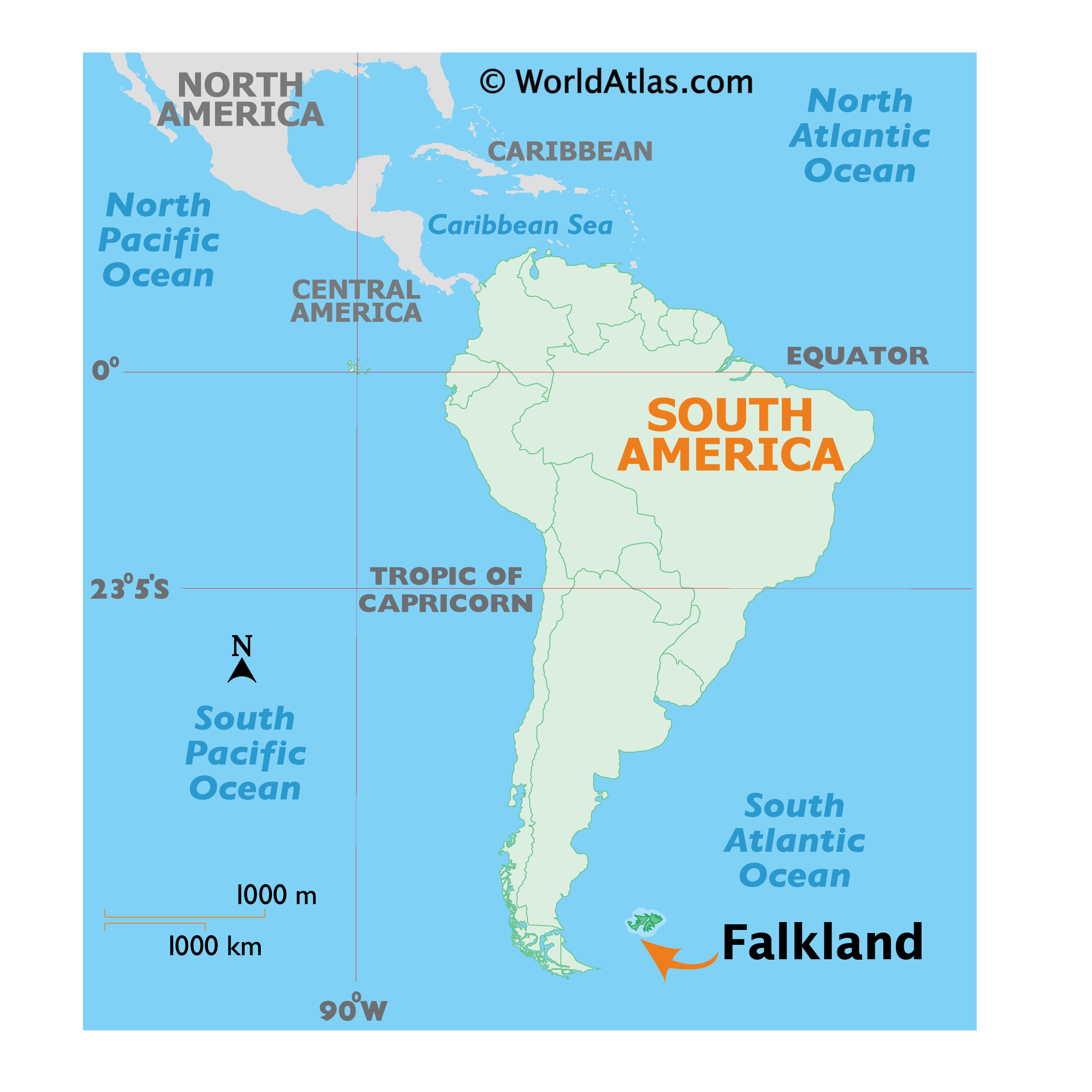


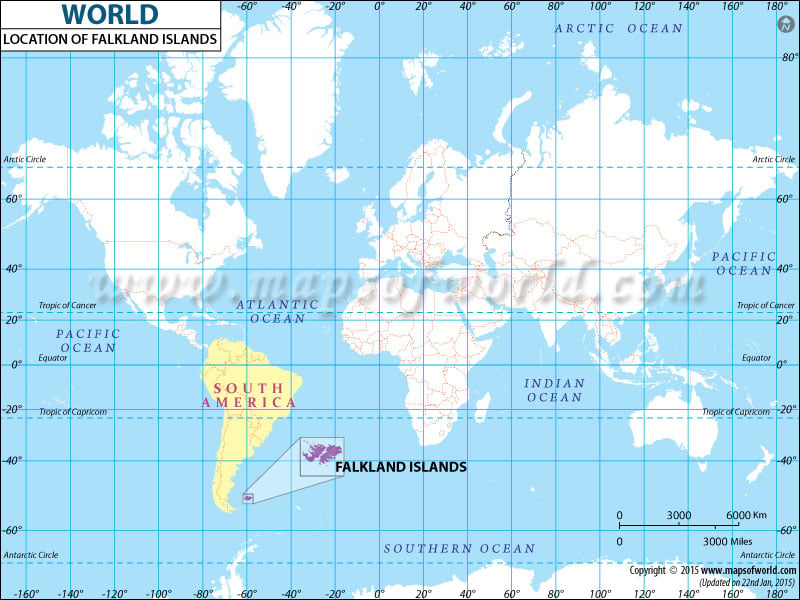


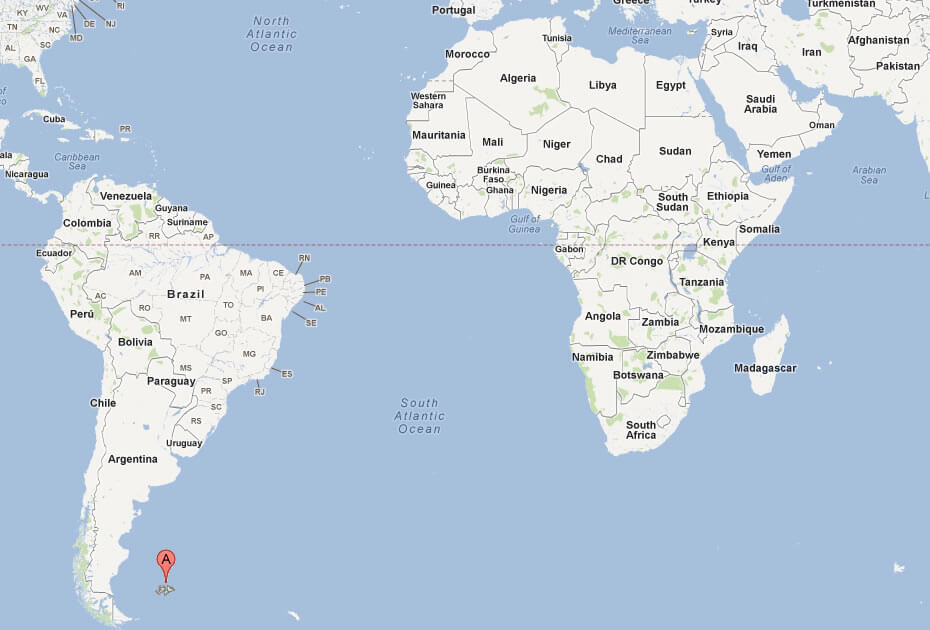

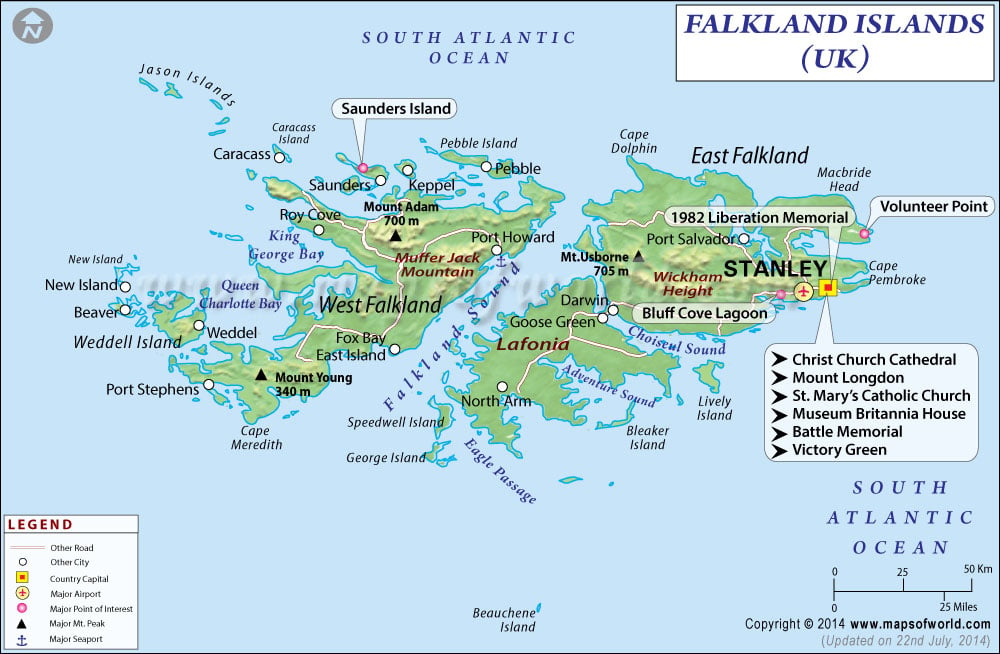
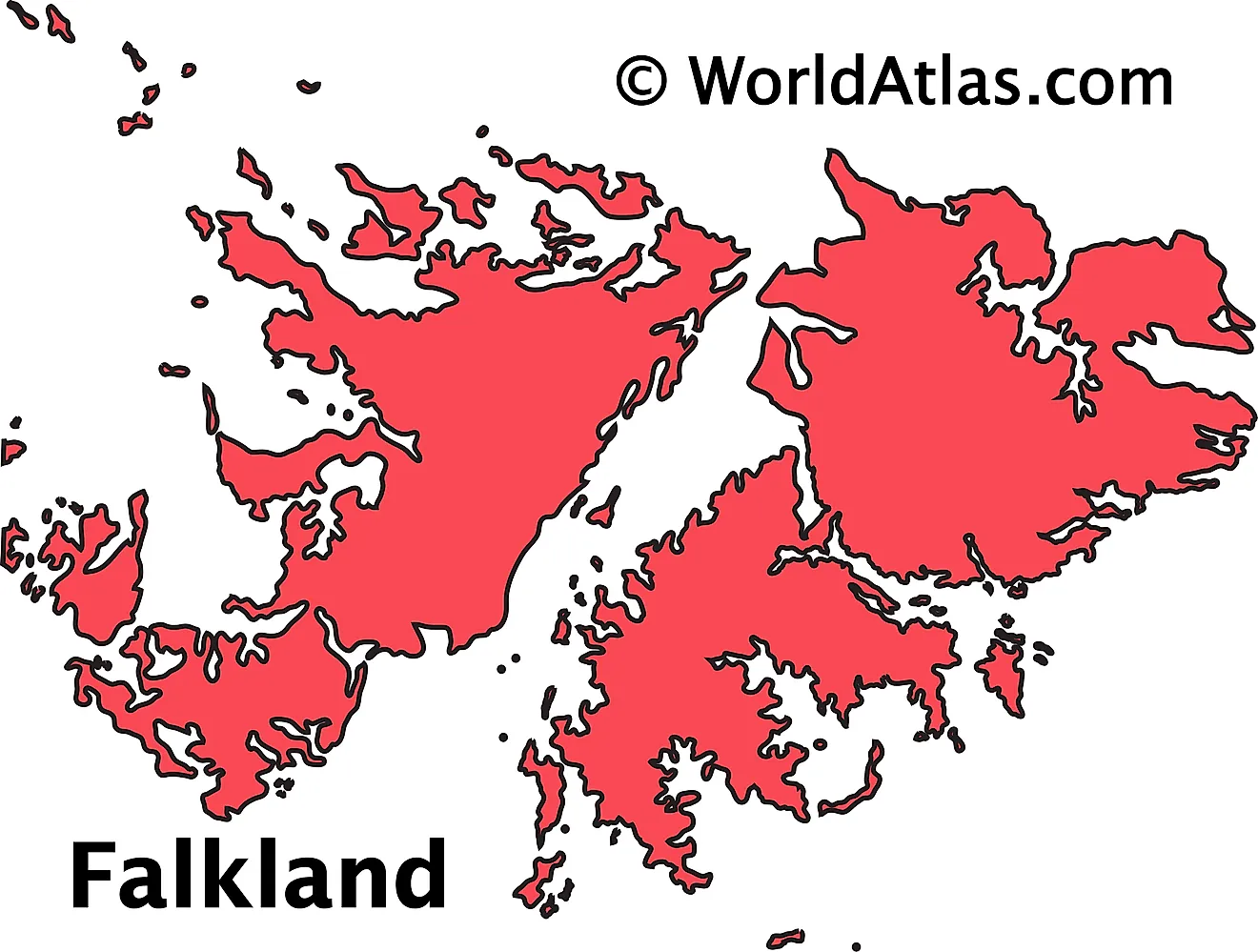

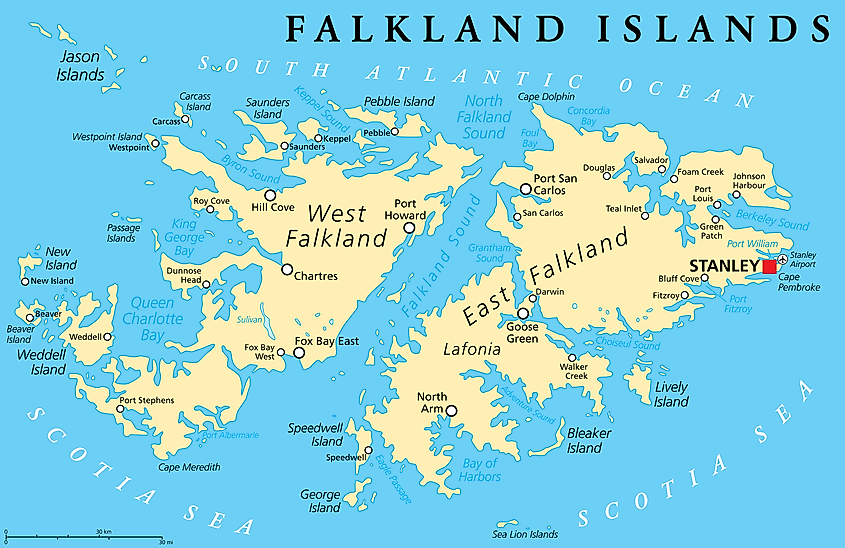


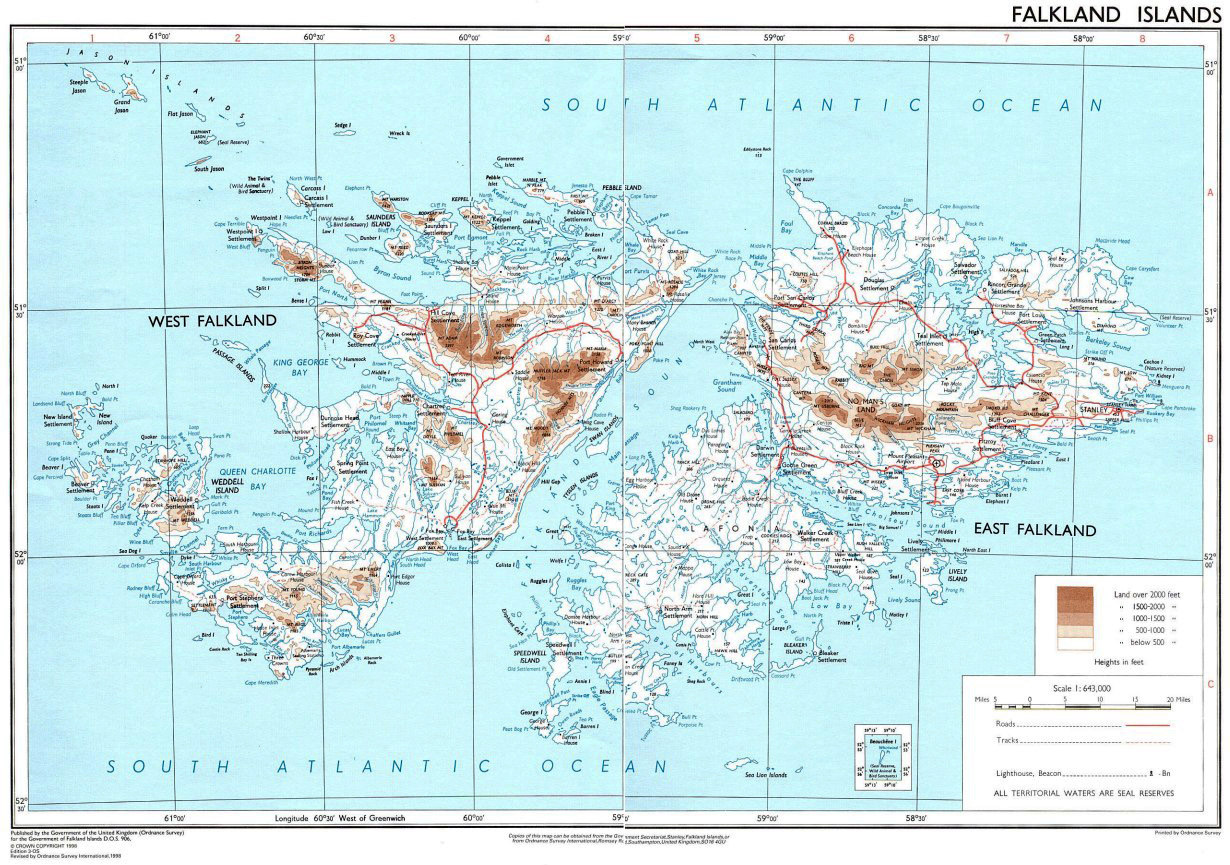

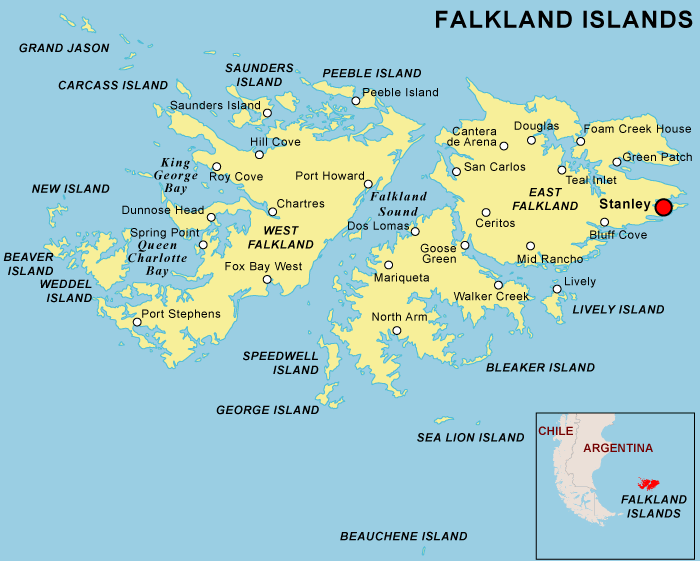
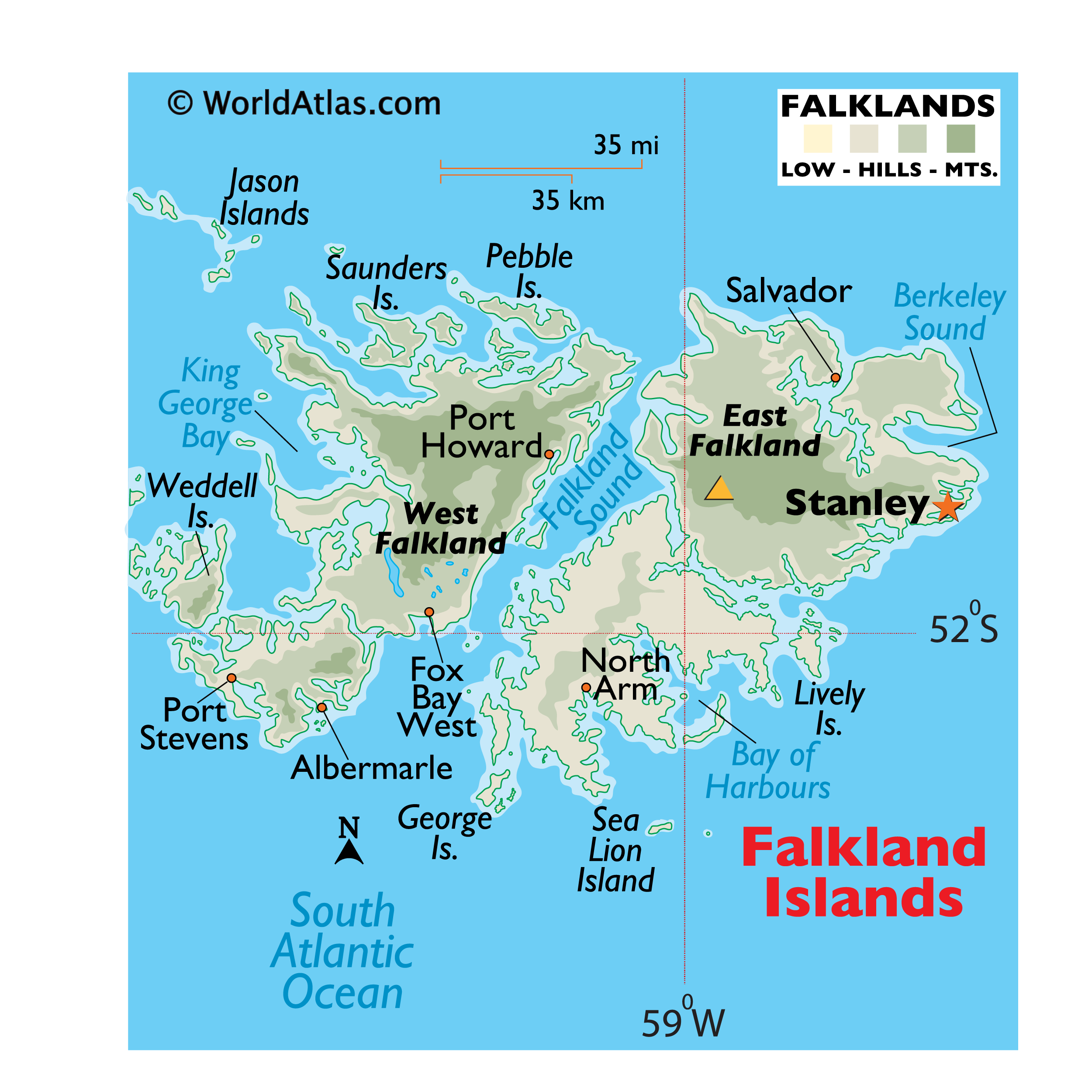
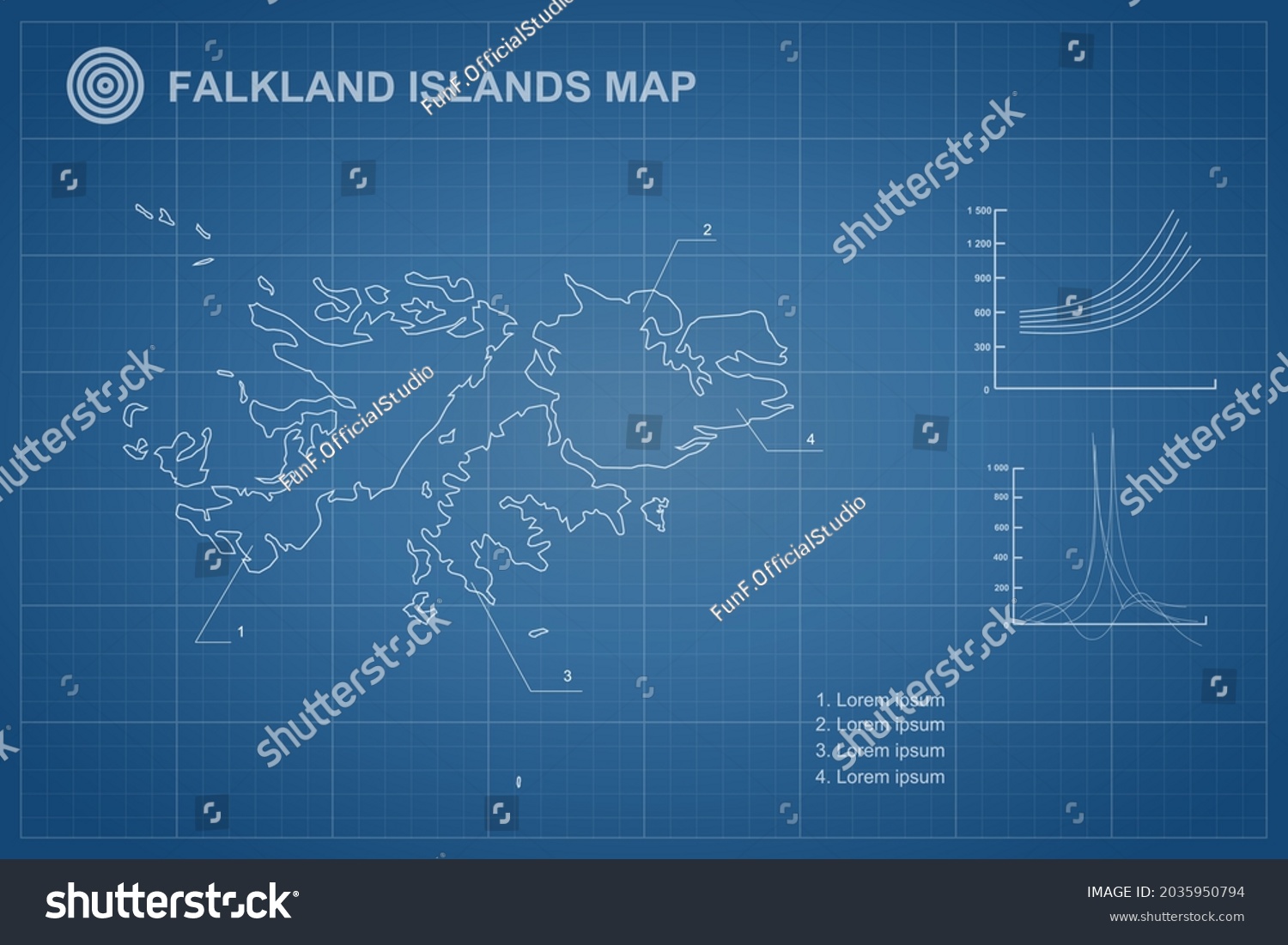
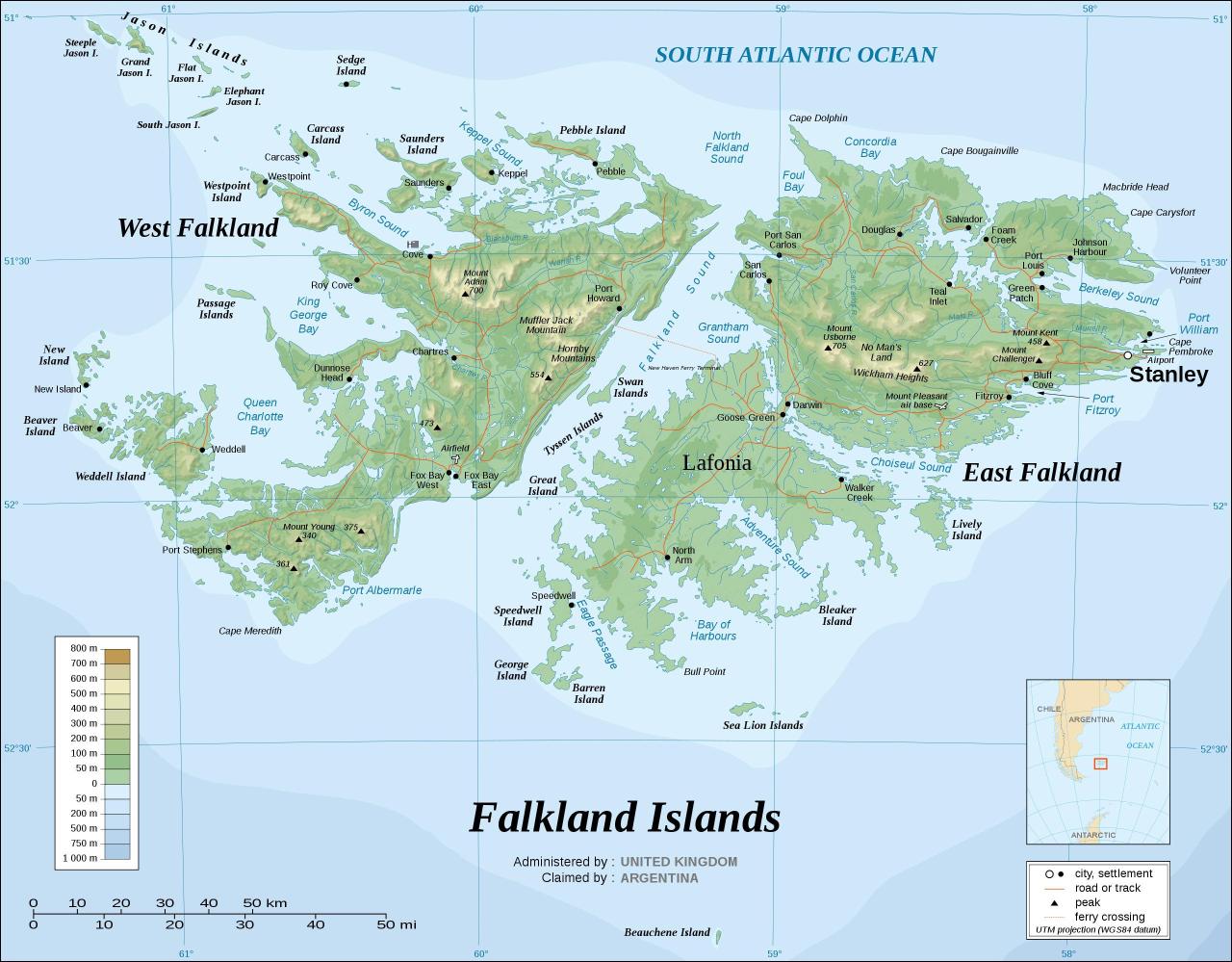
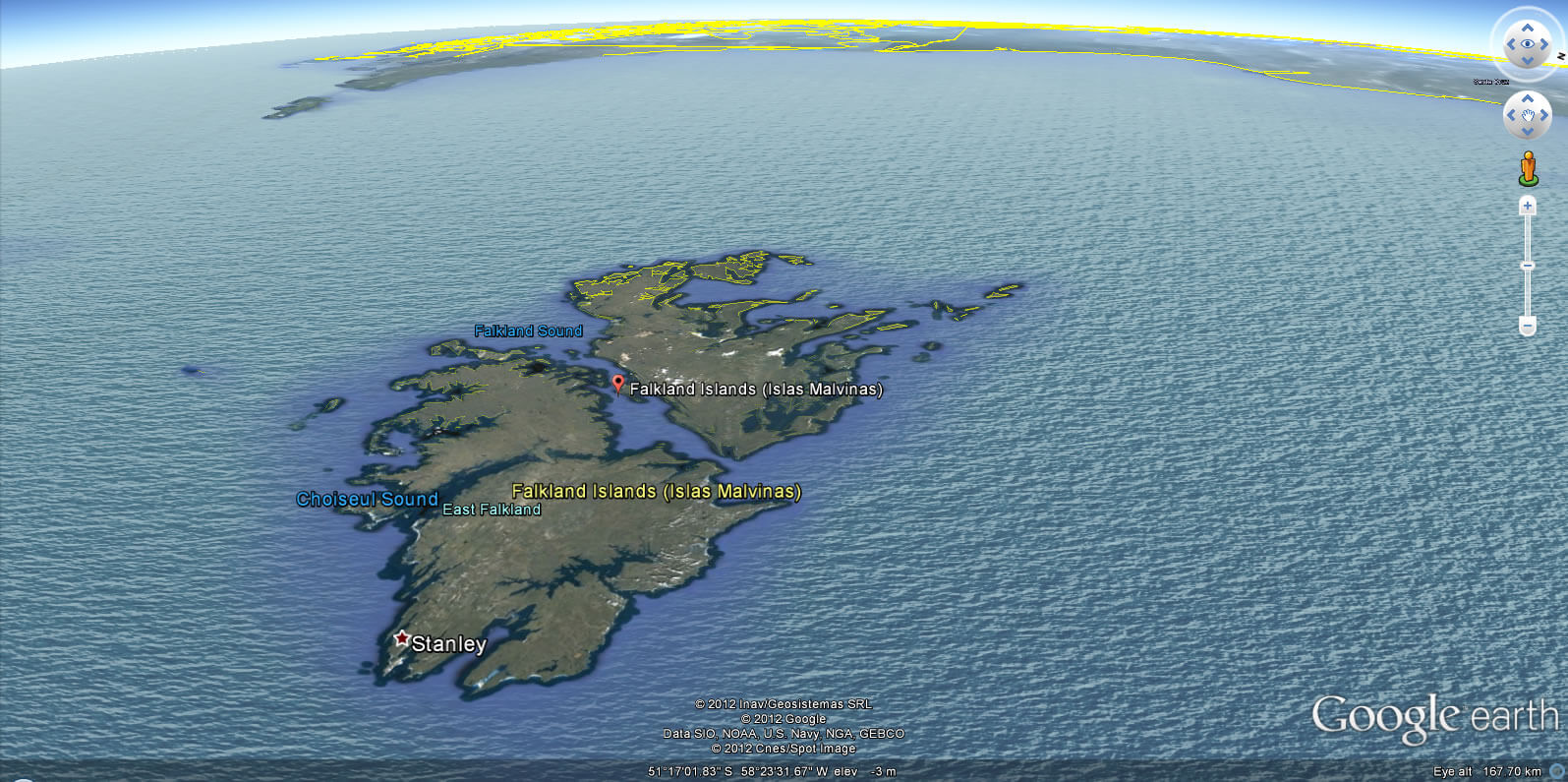
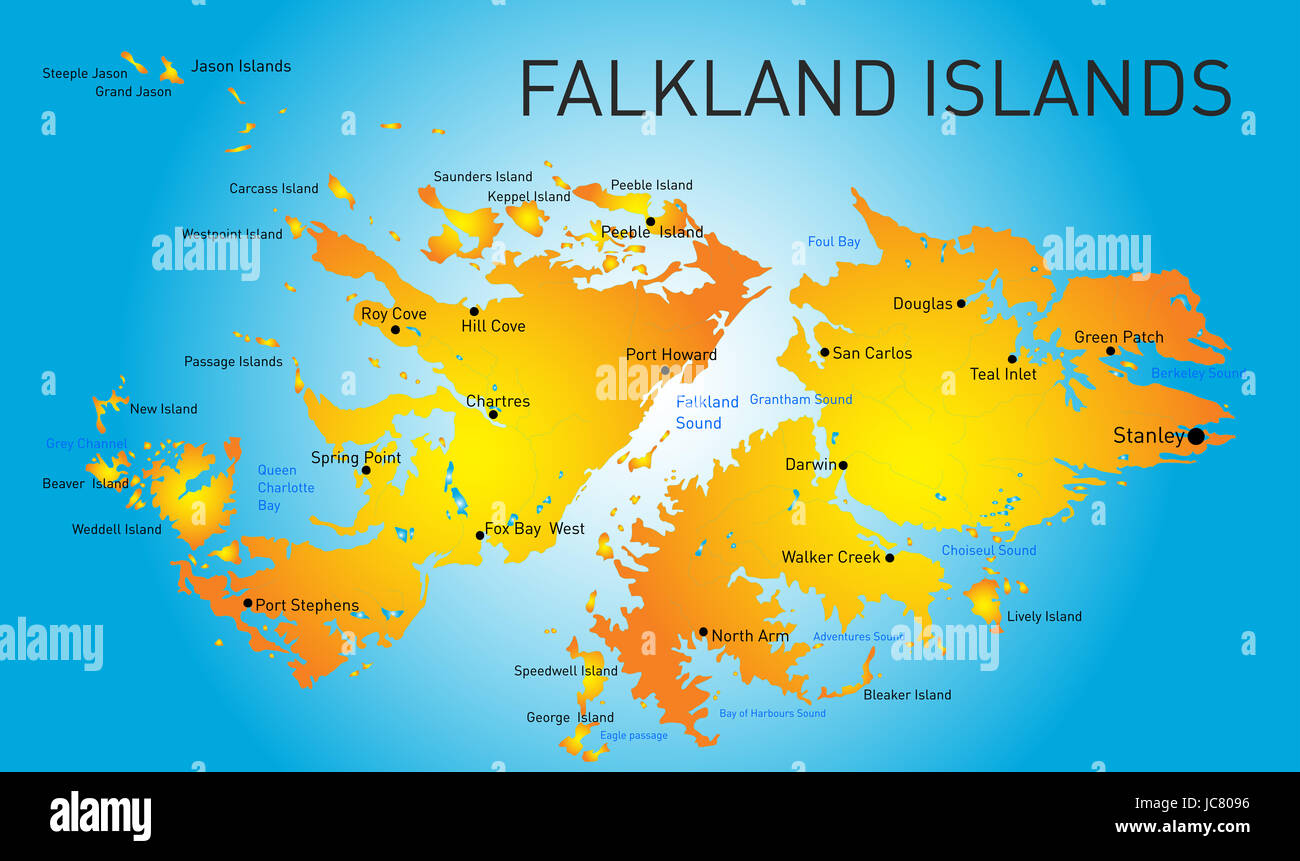
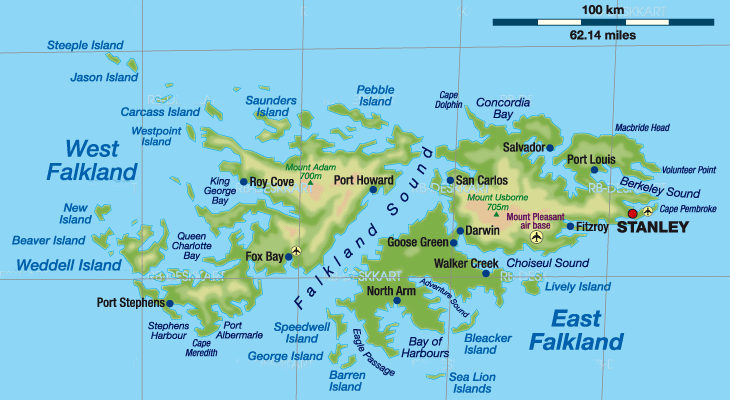
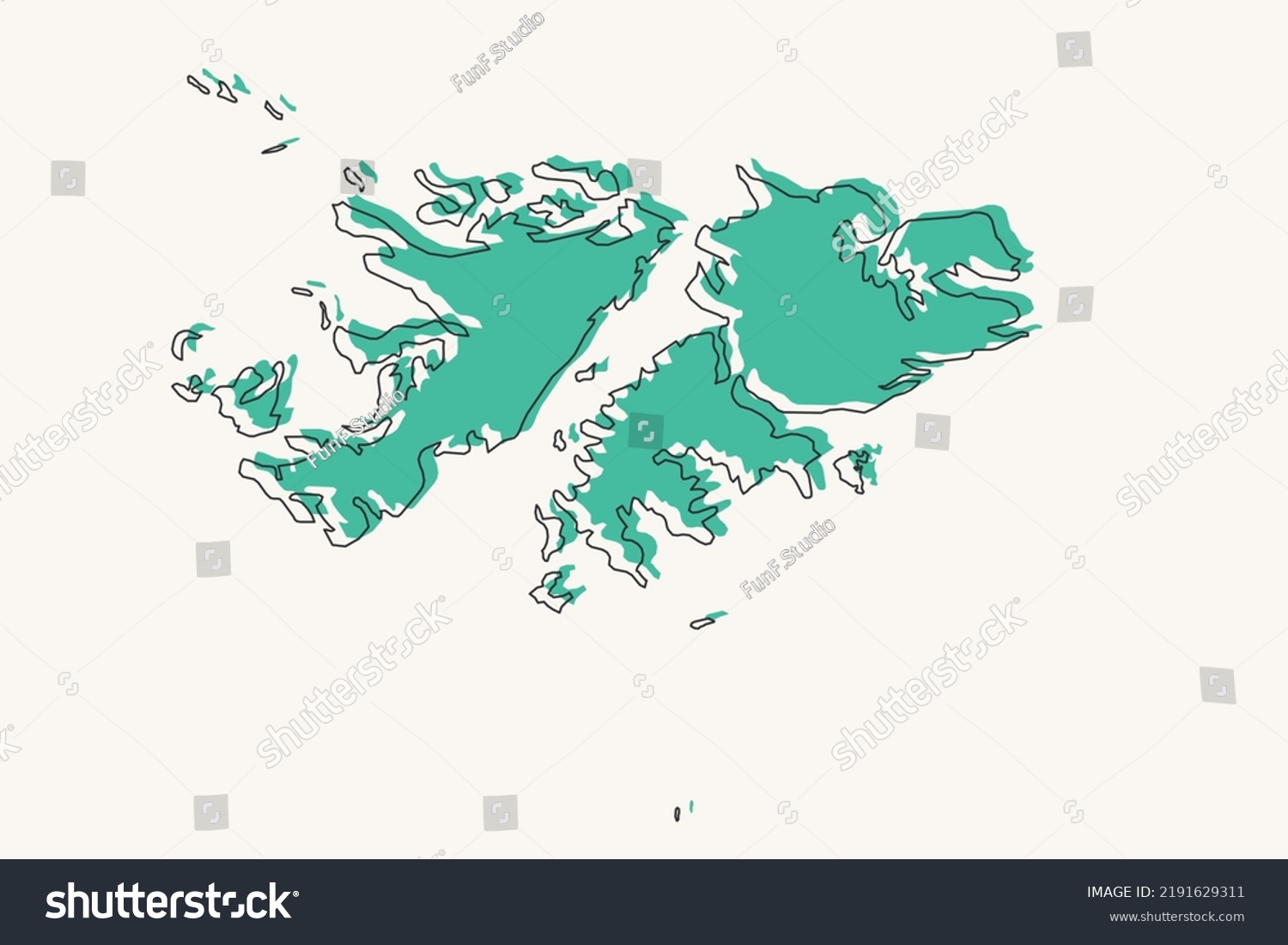

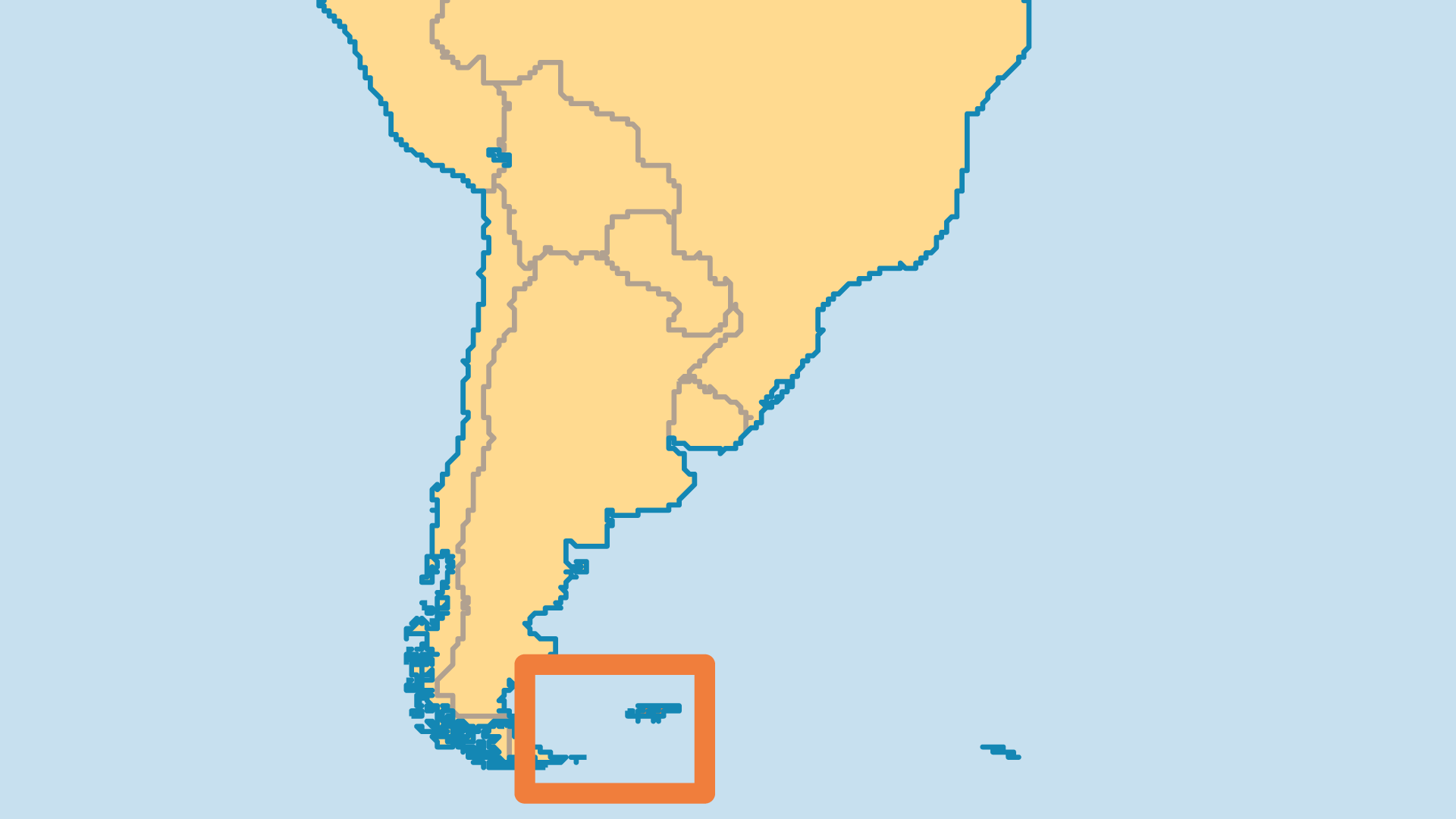
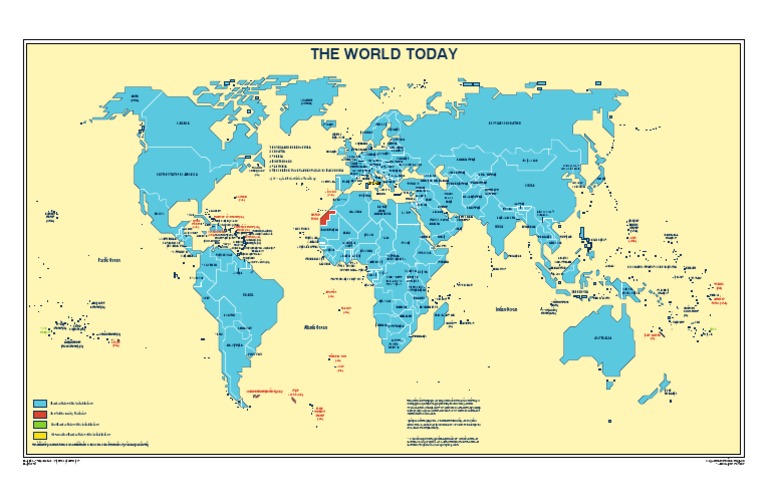


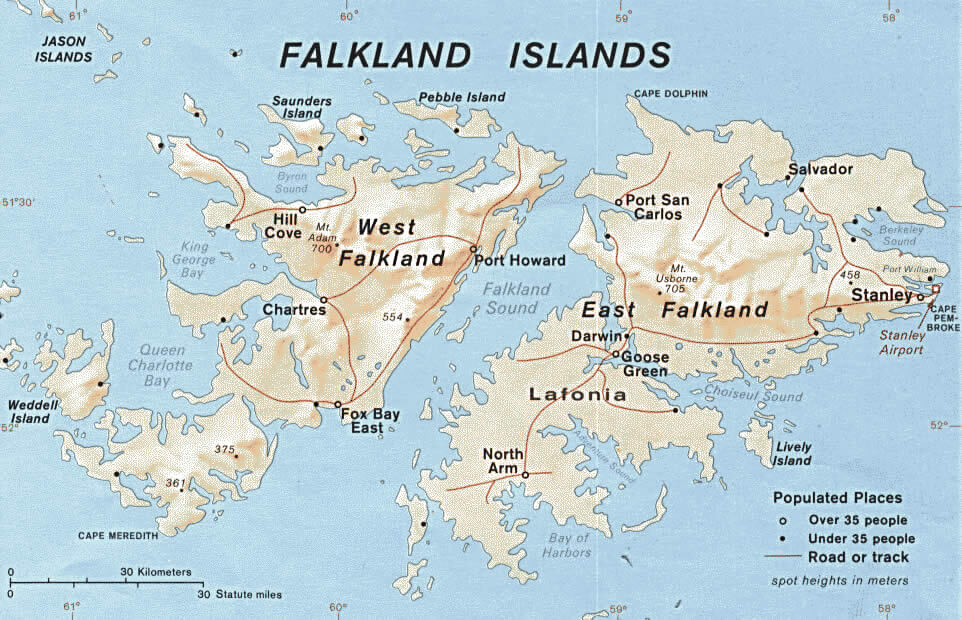
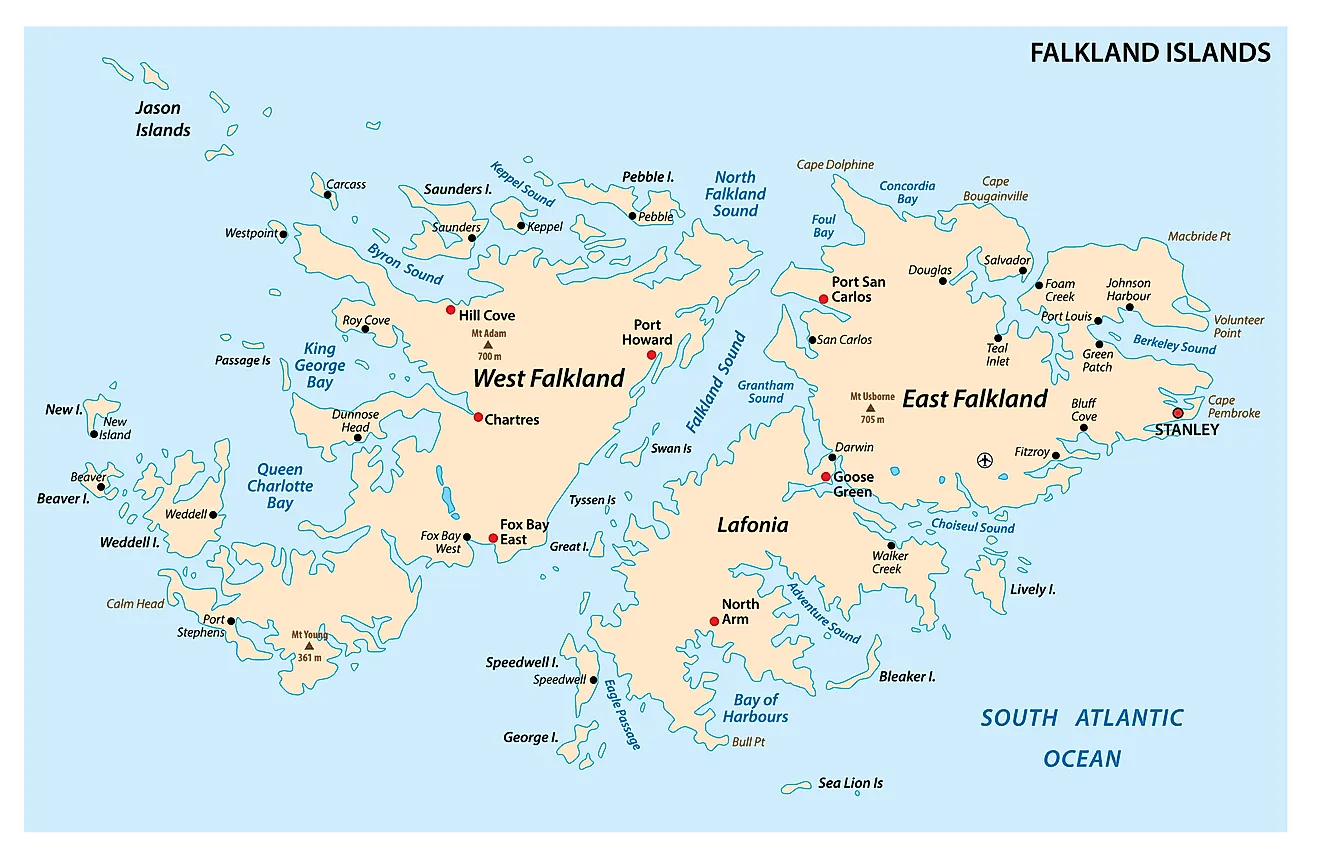
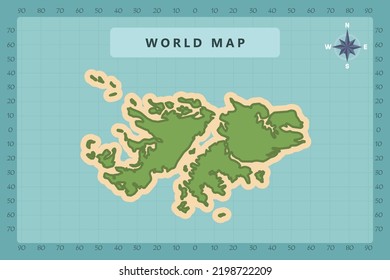
.jpg)
World Map PDF Island Falkland Islands 1665252896Visit The Falkland Islands Falklands Flight Route Map Website Rebrand 01(1) The Falklands Islands Map Falkland Islands Political Map Falkland Islands Map World Map International Stock Vector Royalty Free Stock Vector Falkland Islands Map World Map International Vector Template With Isometric Style Including 2230889031 Where Are The Falkland Islands On The World Map United States Map Falkland Islands Political Map Falkland Islands Os Map Fk 04 Falkland Islands Map Map Of Falkland Islands Falkland Islands Map Archipelago Map Fk 01
Falkland Islands Map Falkland Islands Map Falkland Islands The Falklands Islands Map Map Of Falkland Islands World Vector Color Map Of Falkland Islands Stock Photo Alamy Vector Color Map Of Falkland Islands JC8096 Where Are The Falkland Islands On The World Map United States Map 1921 Bd2943d2832 Falkland Islands World Map Vector Illustration Stock Vector Royalty Stock Vector Falkland Islands World Map Vector Illustration 151170611 Falkland Islands Administrative Country And Its Location Stock Falkland Islands Administrative Country Its Location Close Up Region Center Large Scale World Map Color Division 187397895 Falkland Islands World Map Falkland Islands Earth Map The Falkland Islands Are An Archipelago In The Maps On The Web 5cd551c1caa5c2ecac6caf03a1d61989d55b6b17
Falkland Islands Map World Map International Stock Vector Royalty Free Stock Vector Falkland Islands Map World Map International Vector Template With Outline Style And White Color 2035950794 Map Of The Falkland Islands Falkland Islands Political Map With Capital Stanley British Overseas HXYC0N Falkland Islands On World Map Ad8d57925f222f7a07be825c6751f087 Falkland Islands Map World Map International Stock Vector Royalty Free Falkland Islands Map World International 600w 2230889031 British Overseas Territories The Knowledge Library Falkland Islands Falkland Islands Operation World Falk 01 User Files Falkland Islands Physical Map Where Is Falkland Islands On A Map Where Is Falkland Islands
MAP Falkland Islands Infographic EN Falkland Islands Physical Map Falkland Islands Map Detailed Maps Of Falkland Islands Falklands Map Of Falkland Islands 1200 Falkland Islands Satellite Country And Its Location Stock Falkland Islands Satellite Country Its Location Close Up Region Center Large Scale World Map Imagery 187398097 Falkland Islands Map World Map International Stock Vector Royalty Free Falkland Islands Map World International 260nw 2198722209 Falkland Islands Map Falkland Globe Falkland Islands Map World Map International Stock Vector Royalty Free Stock Vector Falkland Islands Map World Map International Vector Template With Black And Green Geometric 2191629311
Falkland Islands On Political Map World Stock Footage Video 100 7 Falkland Islands Profile BBC News 131013805 Bbcm Falklands Country Profile 070923

